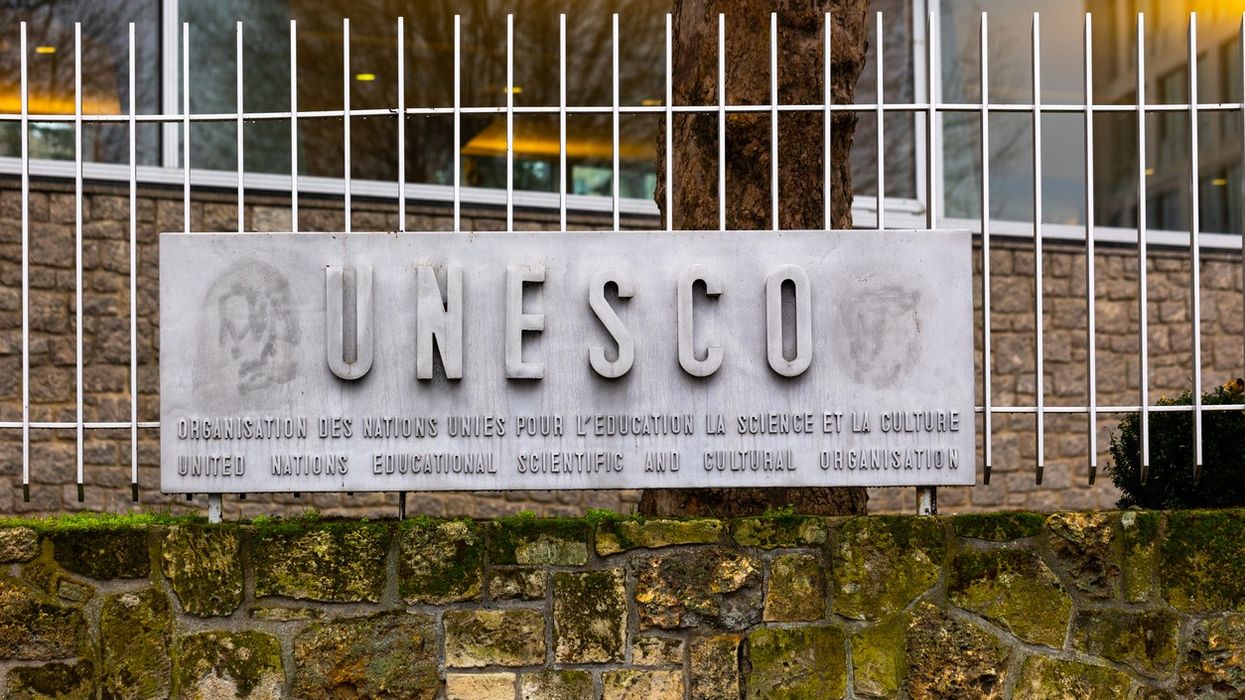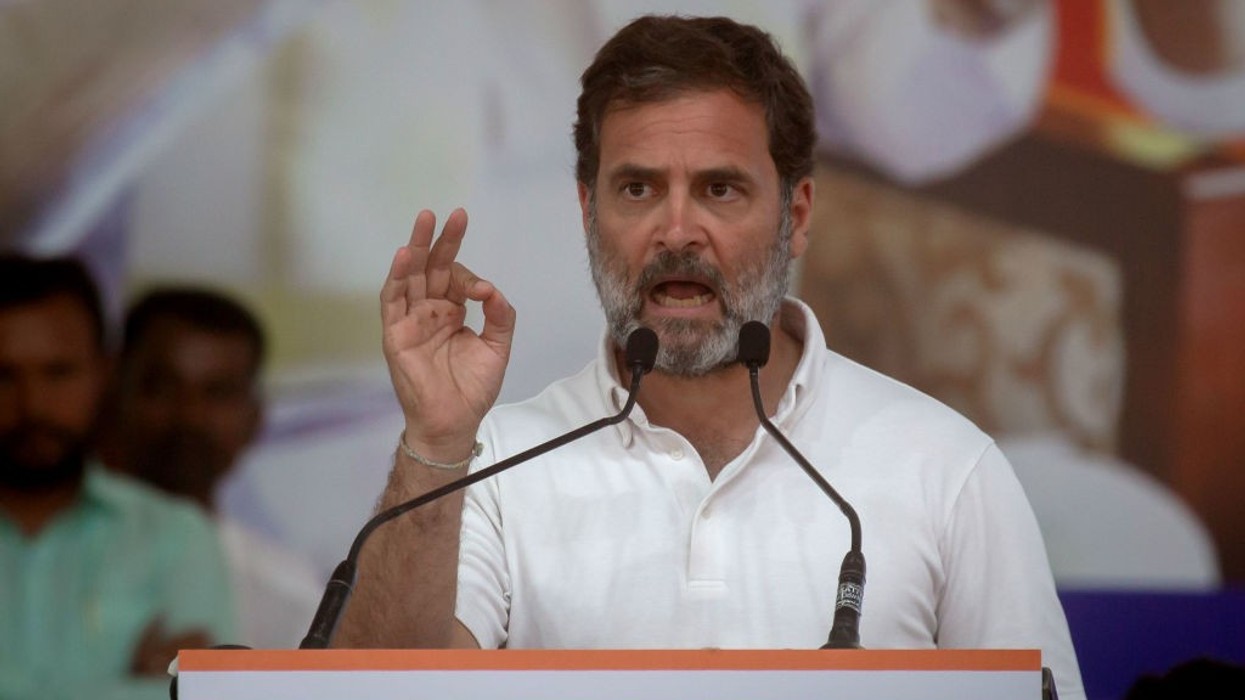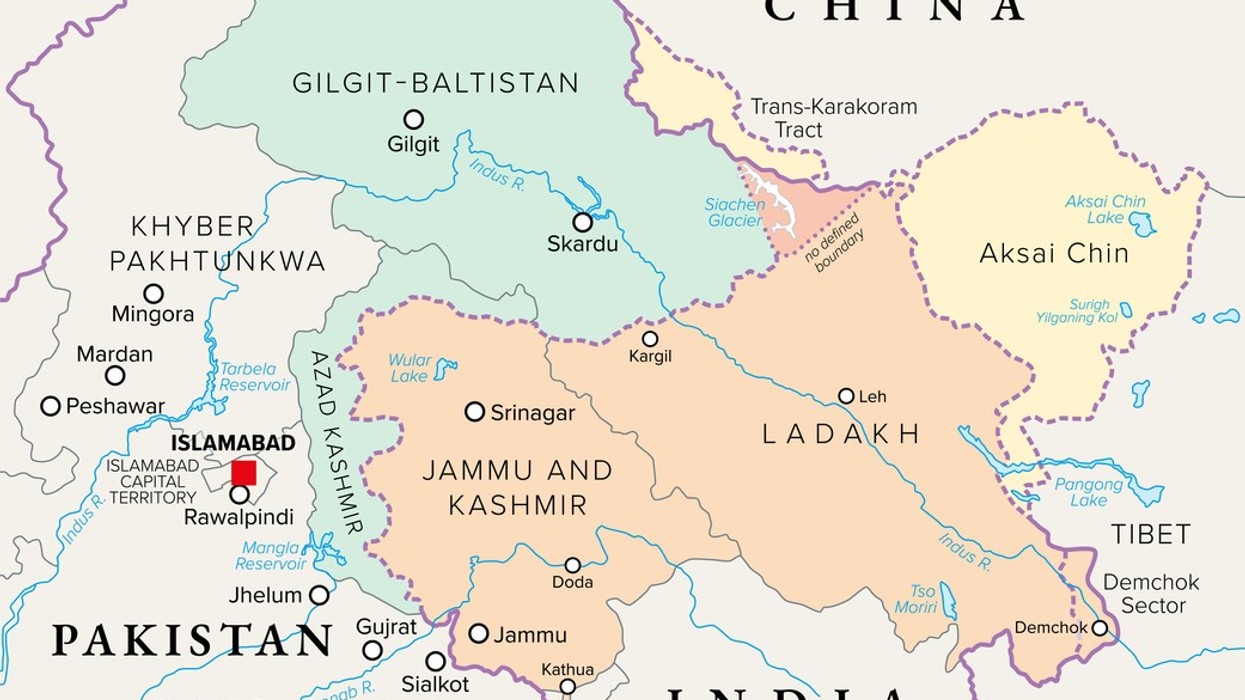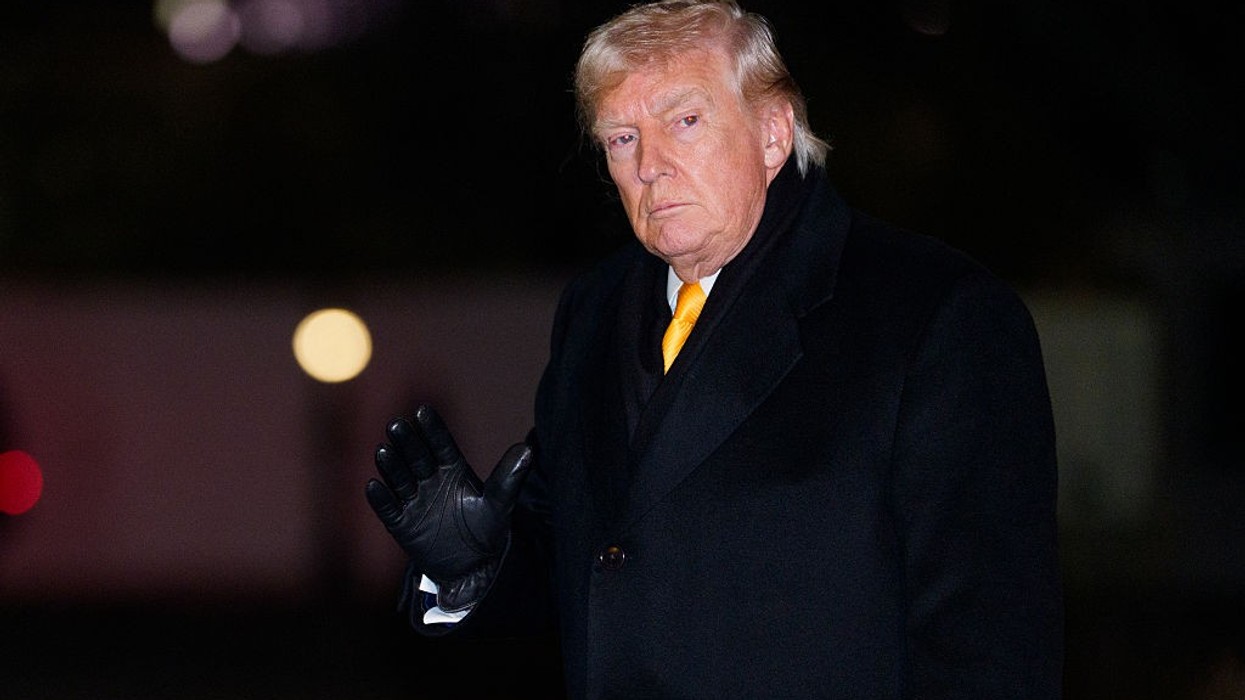In a significant foreign policy move, the Trump administration has once again withdrawn the United States from the United Nations Educational, Scientific and Cultural Organization (UNESCO). The announcement, made on Tuesday (22), cites the agency's support for what officials call "divisive cultural and social causes" as incompatible with the administration’s “America First” approach to international relations.
Citing ideological conflicts and national interest
White House Deputy Spokesperson Anna Kelly stated that President Donald Trump’s decision reflects concerns over UNESCO’s alignment with progressive or so-called “woke” agendas. “This president will always put America First and ensure our country’s membership in all international organizations aligns with our national interests,” Kelly said, emphasizing that UNESCO’s involvement in global political issues no longer matches U.S. diplomatic priorities.
The State Department echoed this sentiment, issuing its own statement that UNESCO “works to advance divisive social and cultural causes” and promotes “historical revisionism” and “political divisiveness.” State Department Spokesperson Tammy Bruce further criticized the agency for its emphasis on the United Nations’ Sustainable Development Goals, calling the agenda “globalist” and inconsistent with American values.
Support from Israeli officials
The decision received swift praise from Israeli leaders. Israeli Foreign Minister Gideon Sa’ar welcomed the move, calling it a “necessary step” to uphold justice and Israel’s right to fair treatment within the UN system. Sa’ar remarked that "singling out Israel and politicization by member states must end in this and all professional UN agencies."
Danny Danon, Israel’s ambassador to the United Nations, also supported the decision, saying that the United States continues to exercise “moral clarity” in its international engagements. Danon stated that the U.S. remains unwilling to financially contribute to organizations that he claims promote prejudice and political bias over shared global values.
Concerns about UNESCO's stance on Palestine
One of the key reasons cited for the US withdrawal is UNESCO’s admission of Palestine as a member state—a move long opposed by the United States and Israel. Trump administration officials argue that the agency’s stance supports a one-sided narrative and encourages anti-Israel rhetoric at the international level.
The admission of Palestine, according to critics, adds to what they perceive as a broader organizational bias within the U.N. system and its agencies.
A repeat decision from Trump's first term
This is not the first time President Trump has pulled the U.S. out of UNESCO. A similar withdrawal happened during his administration in October 2017, citing nearly identical concerns. That decision was reversed by President Joe Biden in 2023, who rejoined the agency in an effort to restore US global partnerships. However, Trump’s renewed move confirms a return to his previous stance on UNESCO and the broader UN framework.
International reactions and implications
The move has drawn mixed reactions globally. While some allies like Israel approve of the U.S. decision, others, including U.N. Secretary-General António Guterres, have raised concerns about the impact of diminishing U.S. engagement on global development efforts and diplomatic balance.
As the U.S. continues recalibrating its role on the world stage, the renewed withdrawal from UNESCO underscores the Trump administration’s prioritization of sovereignty and ideological alignment over multilateral consensus.















